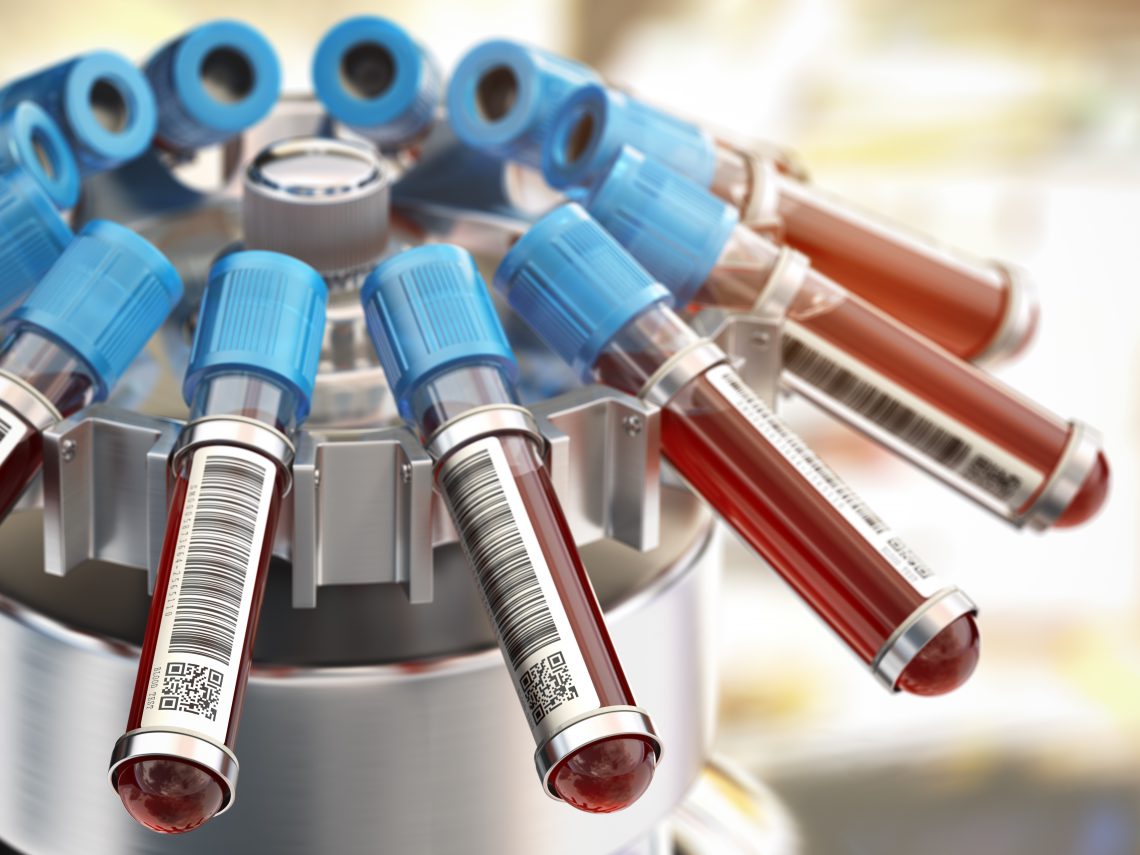Many veterans suffer from PTSD and often go untreated. In recent years, it has been de-stigmatized, but many still struggle silently and suffer both mental and physical health problems as a result. A new study concluded that markers appearing in a blood test can help diagnose PTSD. The Defense Department and Veterans Affairs researchers estimate that 25% of veterans who served in combat zones in Iraq or Afghanistan may suffer from PTSD.
The study found a total of 27 blood markers that led to a successful diagnosis.
Past research has suggested that using a blood test to diagnose PTSD could be effective. The study conducted by the Harvard John A. Paulson School of Engineering and Applied Sciences and the Army Medical Research and Development Command, is the first of its kind to fully research and carry out this possibility.
Currently, there are FDA-approved blood tests for bipolar disorder and depression, but not for any other mental health conditions. The blood markers include certain gene activity, amounts of proteins in the blood, levels of energy processing, and gene activity that is altered during a cardiac event as the physical symptoms of PTSD produce anxiety similar to a heart attack.
The researchers were able to narrow down one million blood markers to only 28 to successfully develop this blood test. Researchers hope the test will become a part of VA health exams as a way to diagnose untreated and unknown PTSD.
